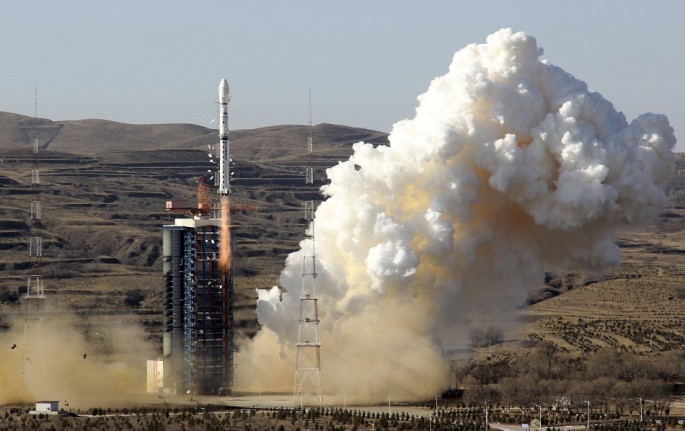The U.S. should prepare to confront China for developing space technologies aimed at blocking its military communications, according to a U.S. Congress-commissioned report.
Conducted by the University of California, the report noted that China's space program will result in inhibiting U.S. ability to win conflicts.
The program is part of the "China Dream" strategy pursued by President Xi Jinping that will broaden China's interests by strengthening national power and reshaping the Asia-Pacific political environment.
The report, titled "China Dream, Space Dream: China's Progress in Space Technologies and Implications for the United States," was released Monday in Washington.
It came at a time that the U.S. Congress is debating President Barack Obama's request for a Defense budget increase of 7.7 percent to $534.3 billion.
"China's goal is to become a space power on par with the United States and to foster a space industry that is the equal of those in the United States, Europe, and Russia," according to the report.
It also noted that Chinese military analysts consider that space will be a dominant battlefield.
The top U.S. intelligence official and the commander of the U.S. Strategic Command made similar warnings last week.
James Clapper, the director of national intelligence, told the Senate last week that the threat to the United States space systems and services will intensify this year as the Chinese emphasize the need to interfere and destroy reconnaissance, navigation and communication satellites.
The commander of the U.S. Strategic Command, Admiral Cecil Haney, told a House Armed Services subcommittee last week that there are "disturbing trends in space" from China and Russia.



























